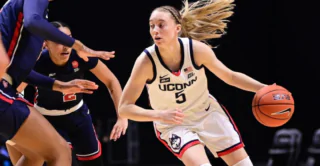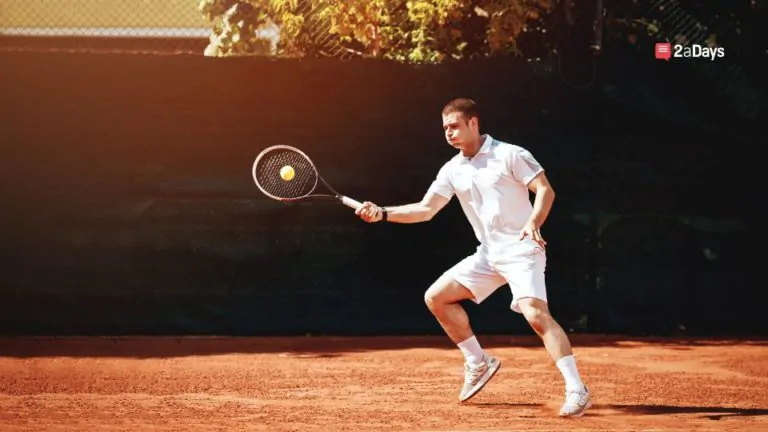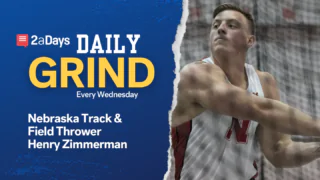The devil is in the details, the old adage goes, and the NCAA is great at creating a detail-laden policy that is complicated, frustrating and nearly impossible to understand. Even now that I'm a former Division I athlete and current Ph.D student who studies NCAA policy, I remember how overwhelming it was to navigate the NCAA for the first time as a bright-eyed high school recruit.
Thankfully, I was a distance runner, so some of the NCAA's legislation on amateurism didn't apply to me—my name, image, and likeness weren't worth much, so I signed my national letter of intent, my scholarship contract and my compliance papers, and began my college career in the fall of 2012. It wasn't until after I graduated and really dove into the NCAA's Division I Manual for research purposes that I realized how blind I was going into my collegiate career. Here are three things I didn't know as a prospect that I think every future athlete (and their parents) should know:
1.) Full-ride scholarships are mythic. Because the NCAA caps athletic funding, very few college athletes actually earn full-rides. In terms of financial aid, there are two categories of NCAA sports: headcount and equivalency. Headcount sports (like basketball and football) are allowed to delineate as many scholarships as is necessary to field a full team (85 for football, and 13 for basketball, for example). Equivalency sports, by contrast, are allowed the equivalent financial value of a set number of scholarships.
Track, for instance, is an equivalency sport. This means that at the beginning of every season, coaches meet to discuss which athletes get how much of the financial aid pie. A track team, per NCAA guidelines, receives the equivalent of 12.6 scholarships for men, and 18 scholarships for women to field a full team. A track roster, including cross country, typically hovers around at least 30 athletes, so many athletes run for books OR room and board OR tuition. Full ride scholarships are almost unheard of in equivalency sports, which make up most of the NCAA.
2.) Athletic scholarships aren't guaranteed for four years—they're renewable, which means they expire at the end of the year like coupons. This means that the scholarship agreement an athlete signs their freshman year can change at the beginning of their sophomore year for reasons beyond the athlete's control. For example, during my senior year, the athletic department of my school decided to cut the budget of my track program in half, which meant that scholarships were the first thing to go. Many of my teammates had to transfer because they could not afford the cost of education without their athletic aid. Other reasons a scholarship value can fluctuate is coach changes—if a team hires a new coach who doesn't like an athlete, or doesn't think the athlete is a good fit for his/her new team's vision, that coach can cut or revoke a scholarship. There are no NCAA rules that guarantee scholarships for four years.
3.) In fact, athletic scholarships aren't guaranteed at all. Despite the NCAA's insistence that athletic scholarships can't be revoked because of injuries and other extraneous circumstances, there are no rules in the Division I Manual that explicitly prevent coaches from doing so. In 2019, Connecticut senator Chris Murphy wrote a detailed report entitled Madness Inc.: How College Sports Can Leave Athletes Injured and Abandoned, with many specific examples of how often this happens.
So there you have it. Three things every prospective athlete should know before beginning the recruiting process from a former Division I athlete. And of course, 2aDays offers valuable resources to parents and recruits, so be sure to check out their resources as well.
Katie Lever is a former NCAA Division I athlete and current Ph.D student who studies NCAA policy at the University of Texas. Follow her on Twitter (@leverfever) to keep up with her blog and research, both of which focus on NCAA issues.
Edited by Caroline Kurdej
* Originally published on March 16, 2020, by Katie Lever, Ph. D







